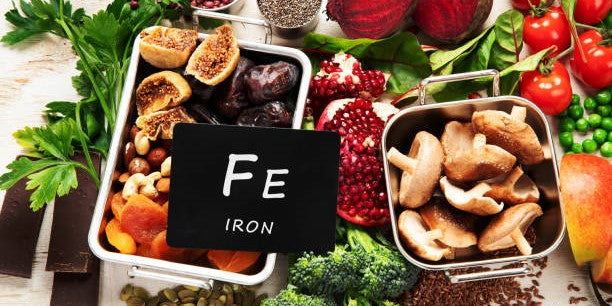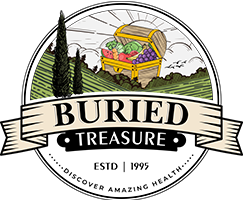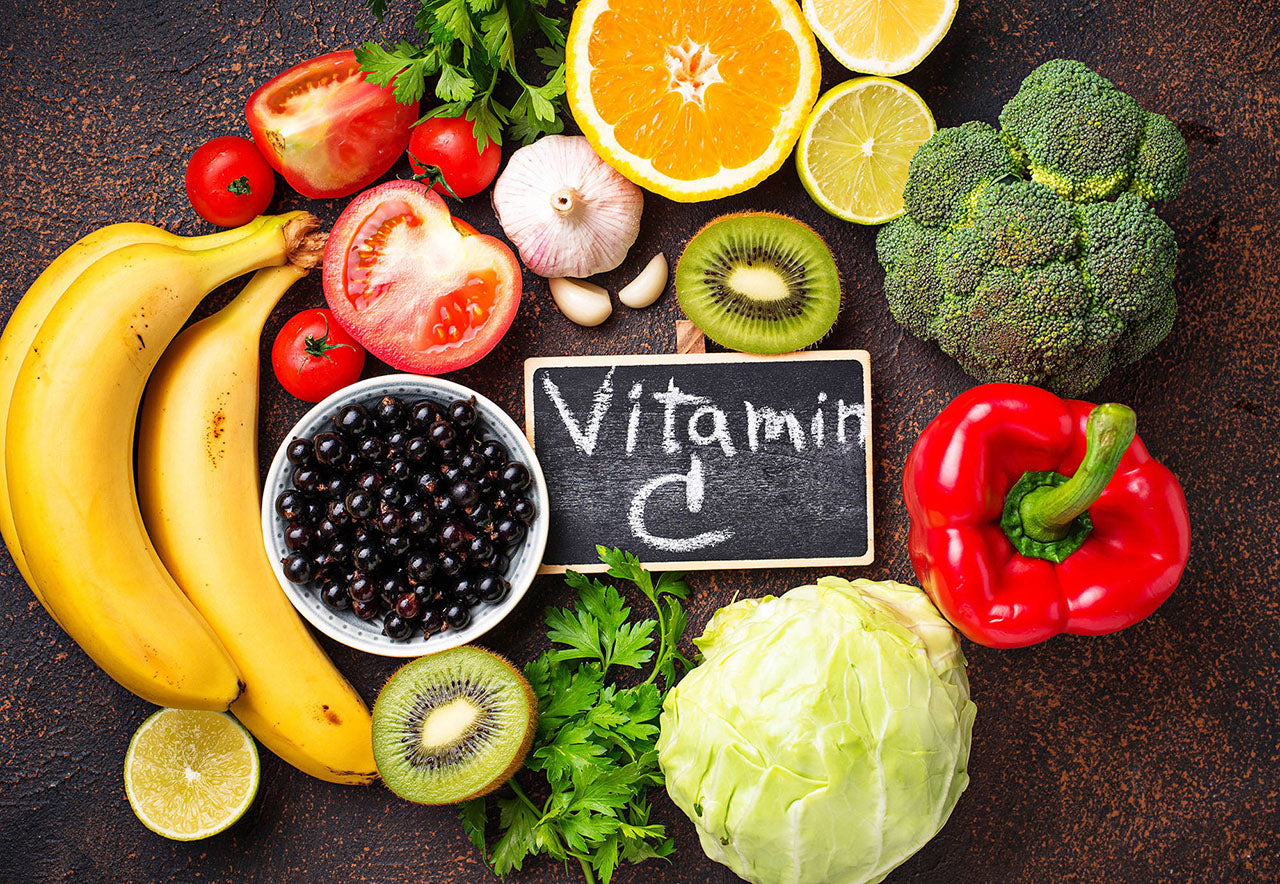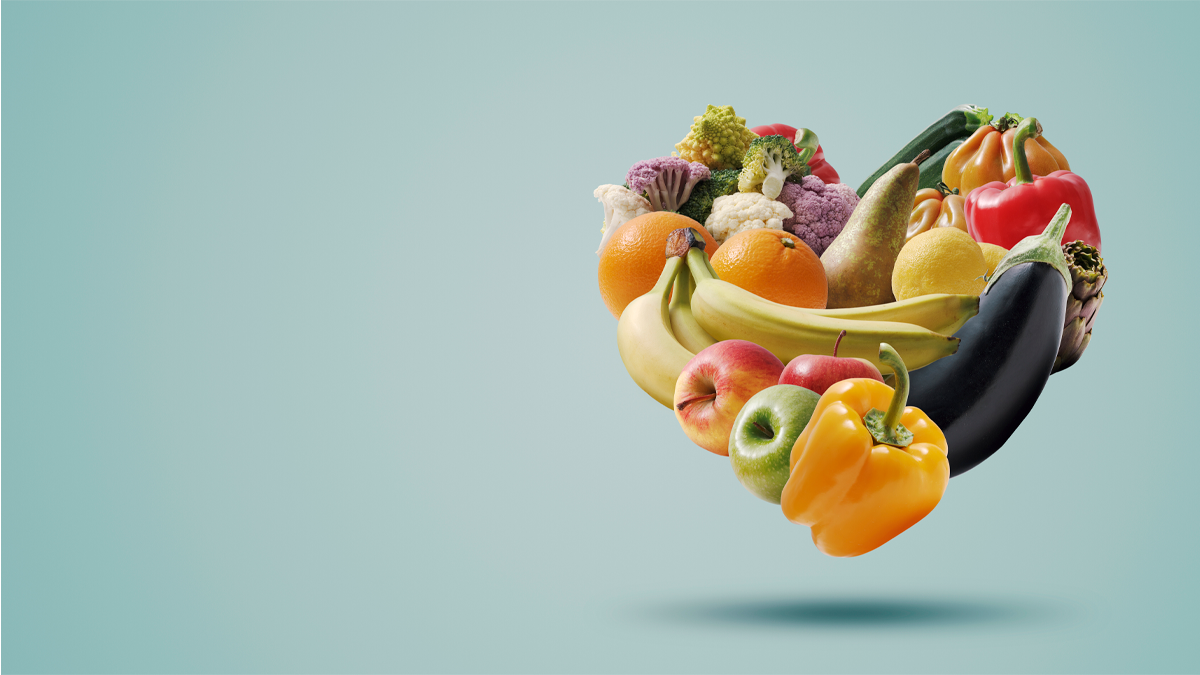The Benefits of Maintaining Healthy Iron Levels with Natural Plant-Based Ingredients: Spinach, Nopal, and Rose Hips

Boosting Your Iron Naturally: Spinach, Nopal, and Rose Hips
Iron is a vital trace mineral that supports energy metabolism, immune function, and healthy cognitive performance. It serves as a key component of hemoglobin, the protein in red blood cells that transports oxygen throughout the body. When iron intake is insufficient, the body may struggle to meet its oxygen transport and cellular energy needs—resulting in symptoms like occasional fatigue or reduced stamina.
Fortunately, nature provides a variety of plant-based ingredients that not only contain iron but also support optimal absorption. Spinach, nopal (prickly pear cactus), and rose hips are three botanicals rich in nutrients that help maintain healthy iron levels and overall vitality—especially when paired together as part of a balanced, plant-based lifestyle.
Why Iron Matters for Everyday Health
Iron plays a role in numerous physiological functions:
-
Supports energy production by helping red blood cells carry oxygen to tissues
-
Assists in cognitive function by fueling the brain’s oxygen needs
-
Promotes immune readiness through involvement in white blood cell activity
-
Aids cellular development including enzyme formation and DNA synthesis
Despite its importance, iron remains one of the most commonly underconsumed nutrients globally. Women of childbearing age, vegetarians, and older adults may be especially at risk of not meeting their daily iron needs through diet alone. Including plant-based sources of iron—particularly those that offer additional absorption-enhancing compounds—can be a smart, holistic approach.
Spinach: A Classic Green Powerhouse
Spinach is one of the best-known leafy greens for iron content, offering approximately 6 mg per cup of cooked spinach. This represents over 30% of the recommended daily intake for adult women. The iron in spinach is non-heme, meaning it comes from plants and is absorbed less efficiently than heme iron from animal sources. However, spinach compensates by providing vitamin C, which helps enhance the bioavailability of plant-based iron.
Spinach is also rich in folate, vitamin K, magnesium, and antioxidants like lutein and quercetin, which support heart, bone, and skin health. While oxalates in spinach may interfere slightly with mineral absorption, consuming spinach alongside vitamin C–rich foods (like citrus or rose hips) may help offset this effect.
How to enjoy spinach:
-
Blend into smoothies with lemon juice or pineapple
-
Toss into fresh salads with orange or grapefruit segments
-
Stir into lentil soups or stews
-
Lightly sauté with olive oil and garlic
Nopal: A Desert Botanical with Energy-Supportive Nutrients
Nopal, the paddle of the prickly pear cactus, has been used for centuries in traditional Mexican wellness practices. It is a source of plant-based iron, vitamin C, magnesium, and dietary fiber. The synergy of iron and vitamin C helps support energy production by assisting oxygen transport and iron absorption. Its fiber content, meanwhile, supports digestive health—a key factor in nutrient assimilation.
Emerging studies suggest nopal may also support healthy metabolic function and antioxidant status, thanks to its rich phytochemical profile that includes flavonoids and betalains. These nutrients can help reduce oxidative stress and support a balanced inflammatory response.
How to use nopal:
-
Grill or sauté as a side dish with lime and sea salt
-
Blend into green smoothies with spinach and mango
-
Incorporate into tacos, grain bowls, or omelets
Rose Hips: A Vitamin C–Rich Iron Absorption Enhancer
Rose hips are the small, tangy fruits that form beneath rose blossoms. They’re one of the most concentrated natural sources of vitamin C, with over 100 mg per tablespoon of dried rose hips. While they don’t contain iron themselves, rose hips play an important supportive role in iron metabolism.
Vitamin C facilitates the conversion of ferric iron (Fe³⁺)—a less absorbable form—into ferrous iron (Fe²⁺), which the body can absorb more easily. This process is especially critical when relying on non-heme iron sources such as leafy greens, legumes, or nopal. Rose hips also supply carotenoids, flavonoids, and phenolic compounds that support immune and skin health—making them a nutrient-dense ally in overall vitality.
How to enjoy rose hips:
-
Brew into tea and drink with iron-rich meals
-
Add to herbal infusions or wellness tonics
-
Mix into homemade jams or chutneys
-
Use as a tangy topping for yogurt or smoothie bowls
Maximizing Iron Absorption from Plant-Based Sources
The key to unlocking the benefits of plant-based iron is strategic pairing. Here are tips for getting the most from spinach, nopal, and rose hips:
-
Always pair iron-rich foods with vitamin C: Lemon juice, citrus fruit, strawberries, bell peppers, and rose hips all help improve non-heme iron uptake.
-
Avoid tea and coffee around meals: Tannins in black tea, green tea, and coffee can inhibit iron absorption if consumed within an hour of meals.
-
Soak, sprout, or cook legumes and grains: This reduces phytates that may block mineral absorption and increases bioavailability.
-
Consider superfood powders or supplements: Combining spinach powder, nopal extract, and rose hip concentrate in a liquid or capsule form may offer consistent support for those with limited access to fresh foods.
Why Choose Plant-Based Iron Support?
Many people find that plant-based iron sources are gentler on the stomach than synthetic iron salts, which are sometimes associated with constipation or nausea. Whole-food–based blends also provide cofactors—like magnesium, vitamin C, and phytonutrients—that work synergistically to promote iron status and overall wellness.
Spinach, nopal, and rose hips provide a well-rounded, bioactive approach to daily iron needs. Together, they deliver:
-
Non-heme iron to support red blood cell formation
-
Vitamin C to enhance iron uptake
-
Antioxidants to protect cells from oxidative stress
-
Fiber and phytonutrients to support gut and metabolic health
The Bigger Picture
Iron is about more than just oxygen—it’s about helping you feel energized, focused, and resilient. If you're following a vegetarian, vegan, or flexitarian lifestyle, or simply looking to support your body through food-based wellness, incorporating these botanicals may offer daily support for vitality without relying on synthetic formulas.
Whether through meals, teas, or thoughtfully formulated supplements like Buried Treasure Herbal Iron, integrating spinach, nopal, and rose hips into your routine can be a gentle, sustainable way to help maintain healthy iron levels and feel your best—naturally.
Disclaimer: These statements have not been evaluated by the Food and Drug Administration. This content is for informational purposes only and is not intended to diagnose, treat, cure, or prevent any disease. Always consult your healthcare professional before starting any dietary supplement or making significant changes to your diet, especially if you have any medical conditions or are taking medications.



